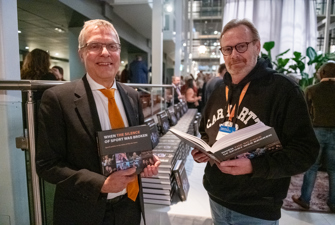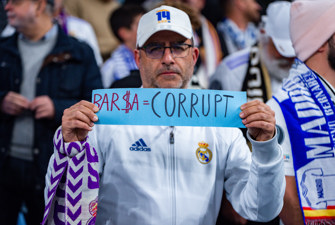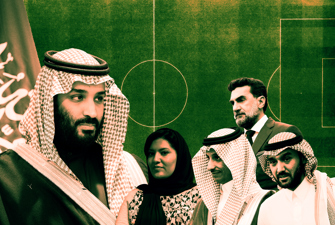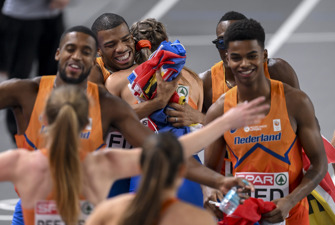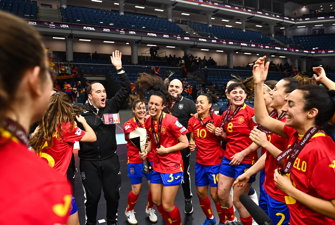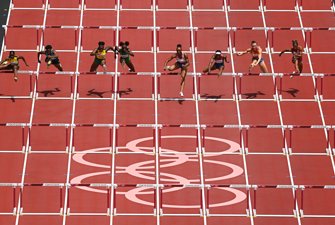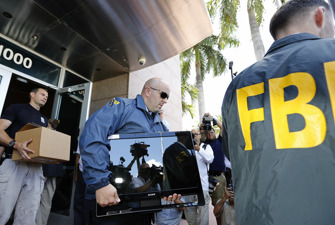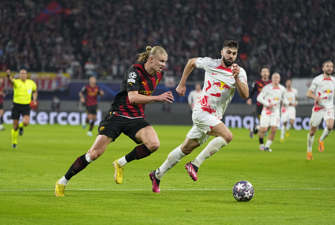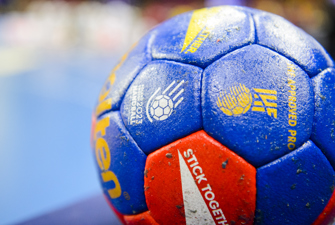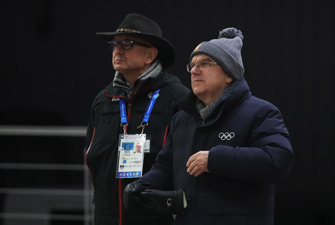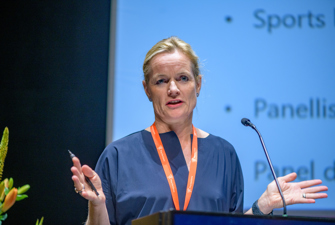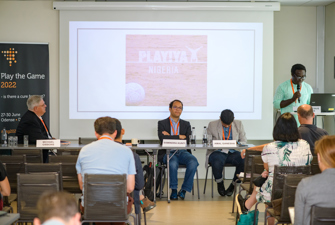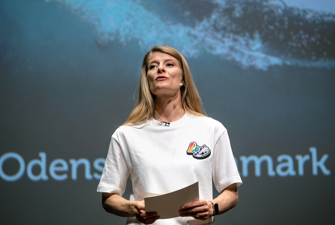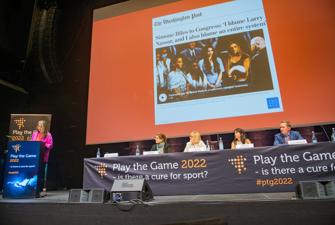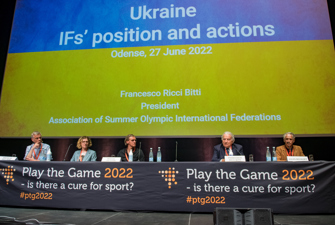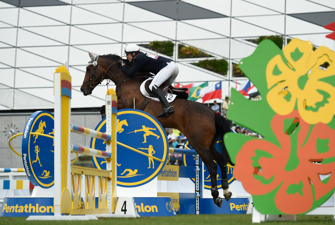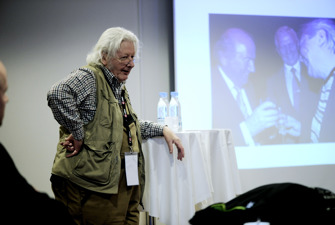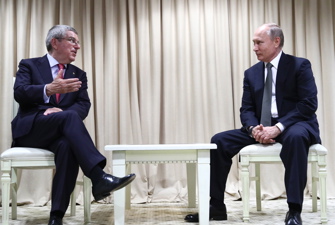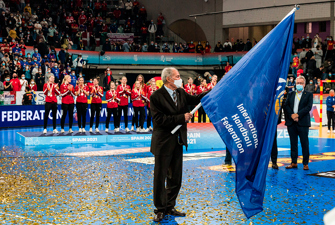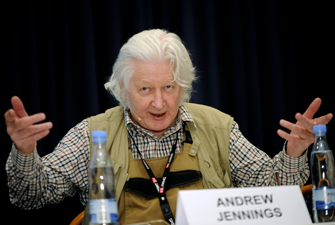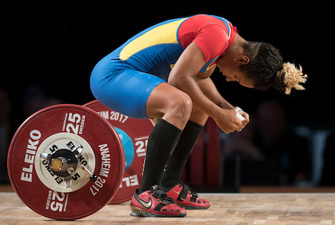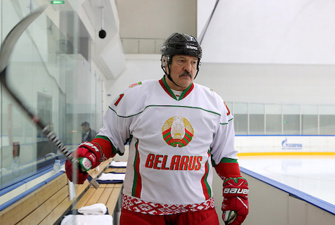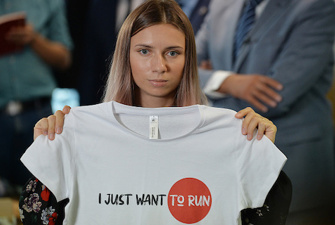The rules of the game: The need for transparency in sports governance
Governance scandals have rocked the sports world in recent years. According to researcher Antoine Duval, the lack of transparency holds a great part of the blame. In this comment piece, Duval points to three areas in sports governance that are in need of greater transparency.
Various governance scandals of gigantic proportions rocked the sporting world in recent years. The self-proclaimed governments of sport, and jealous guardians of its values, have been repeatedly caught wilfully undermining their own ideals. The IAAF has been implicated, at the highest level, in a cover-up exercise of anti-doping violations, involving monetary kickbacks, letterbox companies, and Russian spies. Meanwhile, the richest and most influential Sports Governing Body (SGB), FIFA, is stuck in a never-ending governance crisis of its own making. Even the departure of the old guard, epitomized by Mr. Blatter, seems to have failed to clear the air. The brutal exit of Domenico Scala, the ex-chairman of FIFA’s auditing and compliance committee, at the recent FIFA Congress and FIFA’s decision to tame the independence of his successor are bad omen for things to come. Yet, as the (for now) disappointing new leaderships of Infantino and Lord Coe show, the problem is not so much personal as it is structural. In fact, I submit that one of the key institutional factors underlying the governance failures of SGBs is their widespread lack of transparency.
Transparency and democracy go hand in hand
As many political philosophers have shown, transparency is not a sufficient condition for democracy, but it is undeniably a necessary one. The public sphere, highlighted by Jürgen Habermas in his early work, can play its crucial democratic role only if some transparency is provided. Citizens need access to governments’ accounts and decisions to police (often via elections or courts) the spending engaged and political orientations selected. Obviously documents do not speak for themselves, various intermediaries (the press and academia for example) play a fundamental role in translating complex technical data into accessible public discourse. Thus, fuelling the healthy political debates that characterize a working democracy.
Our contemporary conundrum is that we are faced with transnational organizations, in our case the SGBs, but this could also concern the EU or the IMF, which are not really embedded in a particular public sphere. Transnationalizing the public sphere has proven to be a very difficult challenge for the global age. Yet, as the recent events surrounding FIFA and the IAAF show, a community of sports journalists are starting to shape an emerging global public sphere. In particular, English-writing news outlets, helped by the speed and omnipresence of social media, are able to trigger worldwide debates and exercise an embryotic democratic check on the SGBs governance. This extremely important democratic function, however, is exercisable only if there is a modicum of transparency at the SGBs.
Transparency challenge I: Where is the money going?
Financial transparency at the SGBs is relatively low and generally of bad quality in terms of readability. Due to their status as Swiss associations, many international SGBs are exempted of disclosing their accounts and properly reporting on the financial flows that enter and leave their institutions. This lack of financial transparency is probably the main reason why they are often at the centre of corruption networks. The implicit complicity of the Swiss State (or Monaco for the IAAF), and Swiss local authorities, is undeniable. It is not unlike the organized financial opacity that enabled Switzerland to become the central node of tax evading schemes. For long, the Swiss state turned a blind eye on the financial flows involving SGBs. It was an unspoken quid pro quo for their collective decision to locate their seats, with the adjacent revenues and employment opportunities, in Switzerland.
Surely the biggest SGBs, like IOC and FIFA, for example, publish annual reports (see here and here) including basic financial statements. Yet, the problem is that much of the expenses engaged are very difficult to track. To properly disentangle the final use of FIFA or IOC funds one would need to be able to chart their precise destination. In practice, it is often via mislabelled development funds that corruption materializes, especially as far as FIFA is concerned.
Tracing the proper use of development funds, e.g. for football pitches and not private swimming pools, ought to be one of the main objectives of any anti-corruption drive (as highlighted by Transparency International in a recent report). Moreover, transparency is also needed, for a proper assessment of the organizational expenditures incurred to govern global sports. It is currently extremely difficult to determinate whether the money spent to organize an event or to manage a SGB is efficiently spent or lavished on expensive hotels and receptions.
If corruption and maladministration is to be reign in sport, insiders and outsiders need to be more actively perusing the finances of SGBs. The proper use of funds, which derive from an indirect tax on consumers enabled by the monopoly position of SGBs as commercial rights holders of mega sporting events, should be strictly monitored, both internally and externally. No taxation without transparency!
Transparency challenge II: Who decides what and why?
The need for transparency is not only about the money, it is also about who decides what and why. Decisions of executive bodies are central in the functioning of the SGBs. Each association has an official legislative body, such as the IOC session or the FIFA congress. Yet in practice the executive bodies, the IOC Executive Board or the FIFA Council, run the political show per decree. However, while the rubber-stamping IOC session or FIFA congress are lived streamed, by the way watching them is the surest way to get rid of any sleeping troubles, the key political deliberations of both the IOC Executive Board and the FIFA Council run behind closed doors.
This is a considerable hindrance to a democratization of the SGBs, as it is very difficult to hold the power-holders accountable if no precise account of their discussions is available to the public. We run into a situation, labelled by the late Ulrich Beck as organized irresponsibility, in which each member can blame the faceless collective for a decision, thus escaping individual scrutiny.
If SGBs are serious about fighting corruption and improving their accountability, they must address this structural shortcoming and provide to the public either a live stream of the deliberations of their executive/legislative bodies or detailed minutes and voting records. It is only with this type of measures in place that SGBs will start to be truly politically accountable to their global constituency via the intermediation of a global press.
Transparency challenge III: What are the rules saying?
Finally, the dearest aspect of the transparency challenge to me as a legal scholar is the need to provide access to rules and rulings. While SGBs are almost always publishing their voluminous rulebooks online, they are way more reluctant to do so with individual decisions. This is not true of all SGBs. Some, the IAAF Ethics Board for example, systematically publish detailed decisions. Many others, FIFA is a paramount example, are restricting themselves to press releases of very poor quality and explanatory potential. Yet, as any good lawyer will easily recognize, law is not only about the law in the books it is also (or even predominantly) about the law in action.
It is extremely important that legal scholars and practitioners, but also the general public, be able to survey, scrutinize and criticize how the internal judicial bodies of the SGBs apply their rules in practice. To do so, we need to know how rules have been interpreted in a particular context and, thus, to access the full reasoning of the competent internal body. FIFA is a case in point in this regard.
Since now two years it promises to publish the infamous Garcia report that investigated the corruption suspicions linked to the bidding process for the World Cup 2018 and 2022 in Russia and Qatar. How can we assess the reasonableness of the decision of FIFA’s Ethics Committee in this matter without having access to the most crucial piece of evidence considered? Even a redacted version, protecting the anonymity of key sources, has not been published. Under these circumstances, any internal judicial process is fraught with uncertainty, and its function as check on the exercise of authority by the SGBs jeopardized.
Finally, there is the issue of the CAS. As acute observers of sports governance will know, each and every important SGB has now a CAS arbitration clause in its statutes. It entails that its internal decisions are appealable to the CAS only and will therefore not be scrutinized by national courts. Despite the fact that the CAS’ independence from the SGBs is doubtful at best, this might be a necessary set-up to guarantee the uniform application of the rules and the expertise of the bench.
Nonetheless, CAS is also fraught with a regrettable transparency deficit. It publishes only a small fraction of its awards online (on its database), thus denying both legal scholars and the public the possibility to assess the reasoning of CAS panels in key cases. This puts to a strong disadvantage appellants who lack the means to hire expensive Swiss lawyers against the SGBs, which will have built up an extensive private database of awards due to their status as repeat players in front of the CAS. It also removes the CAS from the public oversight needed to ensure that when interpreting the law it does not lose sight of the general interest.
The transparency and independence of the CAS is fundamental for its function as counter-power to the SGBs. Not only must Justice be done; it must also be seen to be done.
Conclusion: Sportsleaks or organized transparency?
We live in a world of leaks and sport is not immune to this trend. The recent footballleaks project (which we have very much used on our blog), the leak of an internal recording of FIFA’s Council featuring its President Infantino, and the role of whistle-blowers in the recent Russian doping scandal exemplify that development. We have, yet, to experience a substantial leak by an ethically minded FIFA, IOC, IAAF or CAS administrator, but in light of these institutions’ opacity this is probably only a question of time. Obviously, this insight has not escaped astute journalists, including ARD’s Hajo Seppelt who uncovered Russia’s systematic doping scheme, and a new website Sportsleaks has been inaugurated for the potential deep throats in the SGBs.
While this would be an anarchic and uncontrolled (yet probably necessary in light of the current state of affairs) way to bring transparency to the governance of sport, I still believe that a controlled process of modern glasnost at the SGBs would be preferable for these institutions. Imposing transparency across the board should not only be a lofty promise enshrined in the IOC’s Agenda 2020 or the EU’s declarations on governance in sport, but must finally be translated in practice to the day-to-day operations of the SGBs. Just do it!








